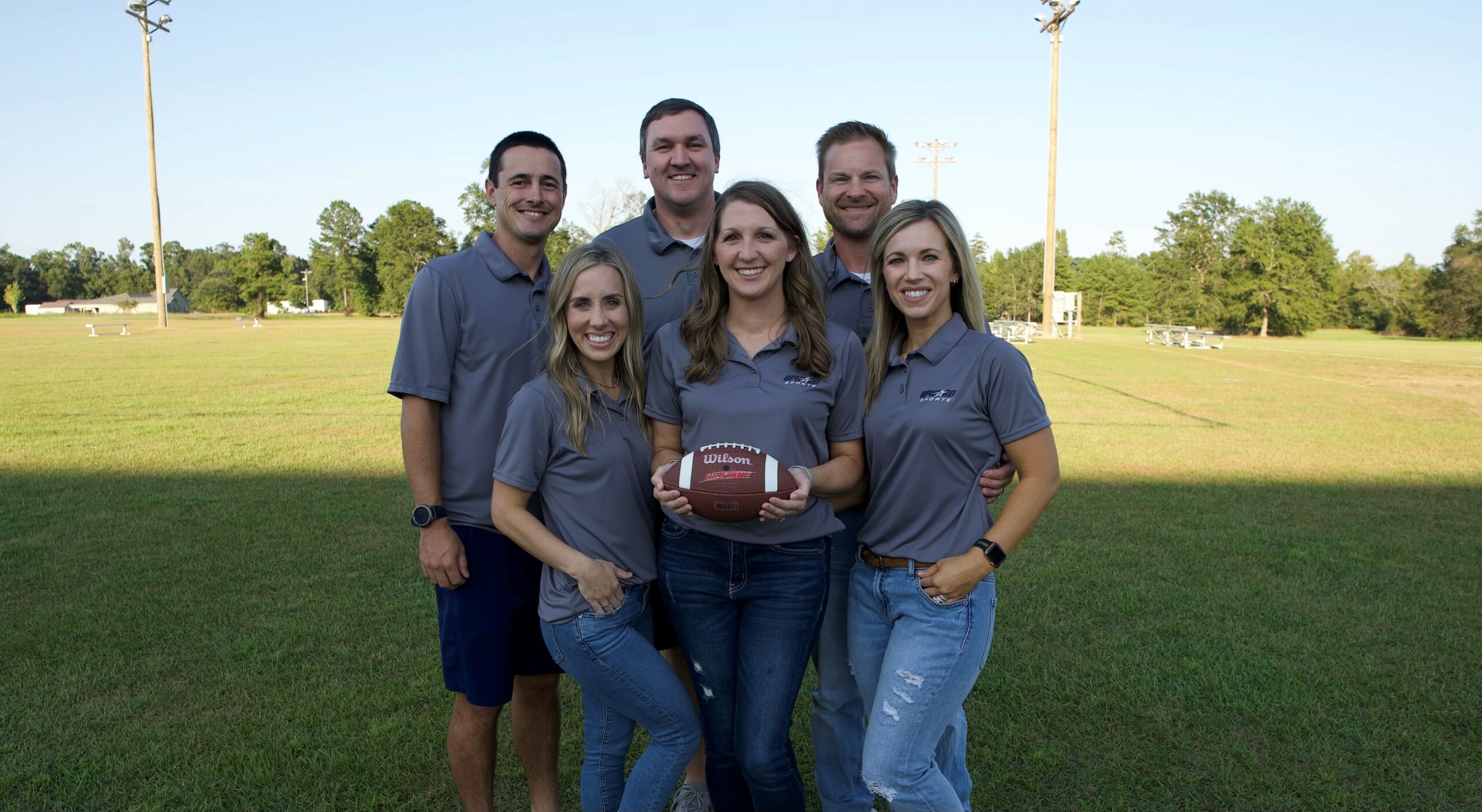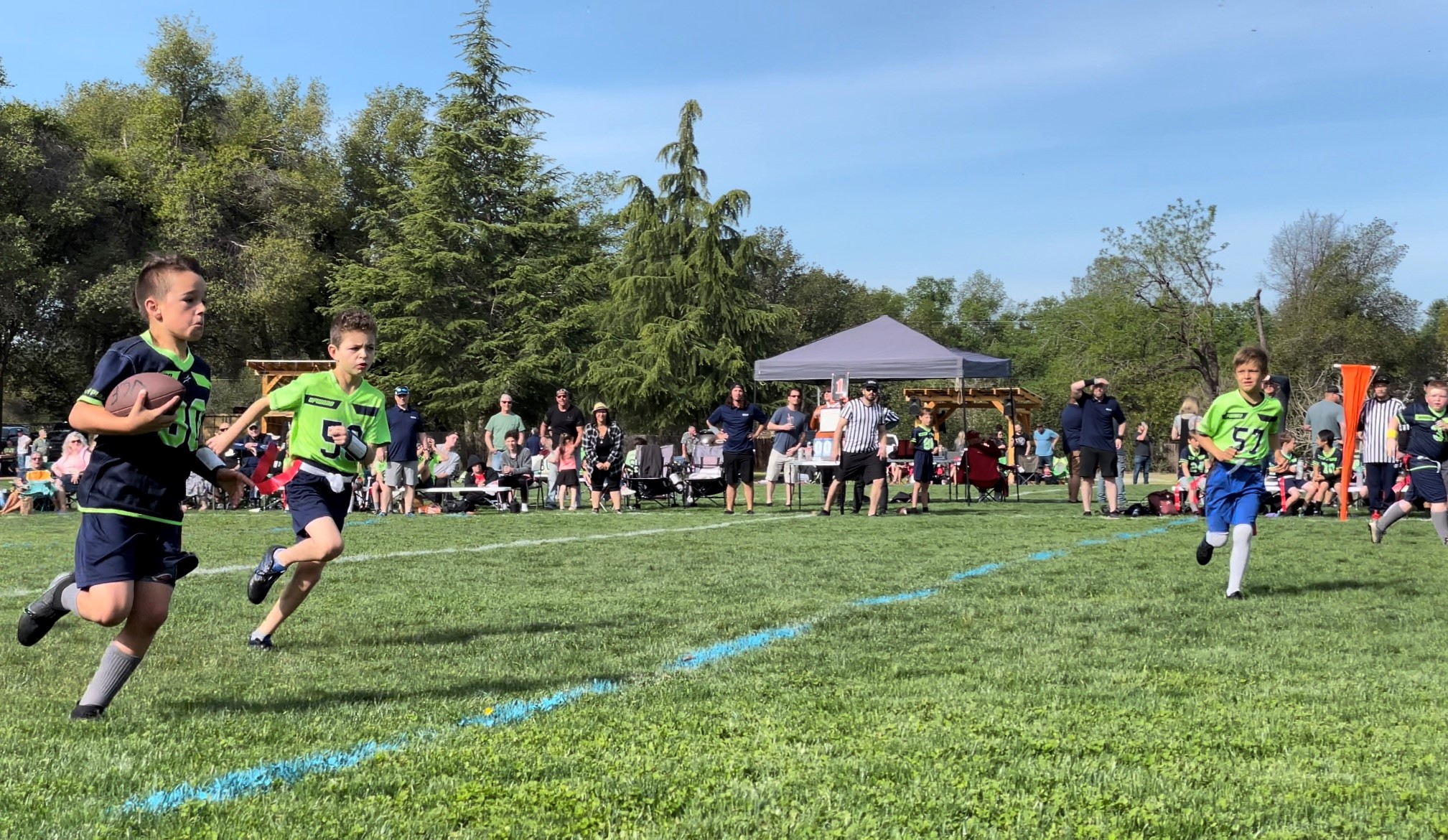
How Your Church Can Have a Great Sports Program
Joel Flaugher | Upward Sports Market Research/Content & Creative Team Manager
“Sports are big in our community” is a common phrase to describe the youth sports landscape. A community may have numerous youth sports programs. Still, a church willing to invest in and serve the community has an opportunity to stand above the others, which leads to the ability to do ministry and share the gospel.
If you are the only program in a community, set the tone with a great experience that changes the trajectory of families in an area.
Here are some ideas to get people talking about a great youth sports experience.
Communicate often and maintain key dates
Set aside at least 90 minutes every week to communicate with your league’s parents, coaches, and other volunteers.
Communicating weekly allows communication to be brief with the just-in-time information everyone needs for the upcoming week. It avoids multi-page emails that are rarely read, hiding what is essential, and frustrates you because “nobody reads the email.” Let’s understand that nobody reads long, boring emails.
Maintain a team page where parents can refer to key league dates and what is coming next. Parents want to know practice and game dates, special events like picture day or season celebrations, and when the season ends.
Make Coaches a Priority
Coaches want to know that someone cares for and supports them.
Start by holding a pre-season coach meeting. Be very clear about what is expected of coaches in the league. Help them know where they can find the tools to communicate with parents every week, plan for practices, gain knowledge about the sport, and feel successful. Connect them with the other coaches they will work with inside their division.
Designate someone from your leadership team to be available in person several times through the season. Attend a couple of practices to observe coaches, let them know what they are doing well, and be able to offer helpful tips when necessary. Attend their games and let them know how you observed working together for all players. In addition to being in person, someone should be available through email, phone, and text so that coaches can contact someone who can help when they have questions.

Have a “great officials” mindset
We should be aware that a league can have great officials regardless of whether they are volunteers or paid, certified officials.
We can excuse poor parent behavior or below-average officiating by volunteers by saying, “We are all volunteers here.” We can also recognize that having great volunteer officials is something that the league can control. Finding people willing to stand on a field or court, blow the whistle, and have everyone look at you is hard work.
The league can work toward having great volunteer officials by taking three critical steps. The first is to have a pre-season meeting where you review the expectations and rules of the sport. Help officials understand that blowing the whistle to enforce rules begins with game one and helps players learn. Second, in the weekly email, communicate what is going well and what needs to be adjusted, and offer points of clarification. Third, support your officials by having someone present on game days. Officials need to know that you will handle coaches and parents when needed.
Distribute and educate everyone on the Circle of Affirmation. This can help set the league apart by showing how the adults can be an example to the players.
Many of the points above apply to paid, certified officials. Your engagement with certified officials is a ministry opportunity, and you maintain a positive game day atmosphere, so they will want to be assigned to your games over other leagues.
Keep it FUN for participants
With parents, coaches, and volunteers in the know, through timely communications, coaches encouraged by league engagement, and officials feeling supported, everyone can focus on participants having fun.
With a little extra effort, players can have fun when the experience is about them. Don’t think: This is a league where players who won’t play later come to play. Instead, create an environment where everyone can play and improve during the season because we believe in helping players of all skill levels. This involves a game day where players engage in healthy competition where everyone can improve and give their best.
Game days start with player introductions, music, and organized effort that shows you were ready for them to come and play. Running behind schedule, not knowing how to pronounce players’ names, and not having everything in place before they arrive communicate that you weren’t ready for them to come and play.
Practice is an opportunity to learn and help players improve. Getting better is fun! Having positive, supportive, and engaged coaches will help players improve and then gain confidence in what they are attempting to learn.
Are you ready to have a great sports ministry at your church?
If so, Upward Sports is ready to equip your church with the tools and resources to conduct a sustainable sports ministry that fits your community and allows you to minister and share the gospel.
Learn more at www.upward.org/church-leaders
Share
Other blogs that may be of interest to you:


